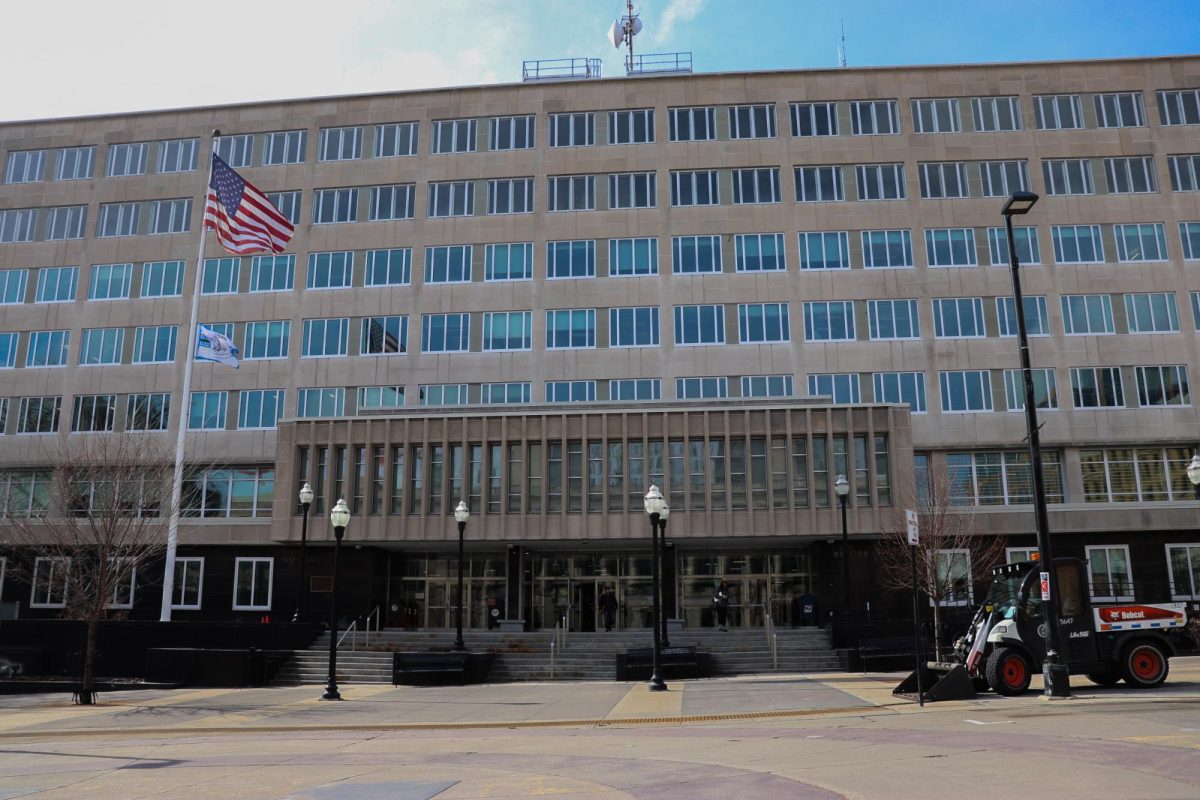The Madison City Council approved a set of changes in their meeting Tuesday, Feb. 25 on the zoning code designed to support the creation of more types of housing. The vote was unanimously approved, according to zoning administrator Katie Bannon.
“That [unanimous vote] is great to see,” Bannon said. “… The recognition of doing these iterative changes to increase housing supply makes it easier to build housing and improve housing in Madison.”
The city zoning codes are laws that regulate how land can be used and developed, according to Bannon.
There were a total of nine changes made in last night’s meeting, Bannon said. All changes made are aimed at making it easier to build and improve single-family homes and missing middle housing, which is between a single-family home and a larger apartment building.
There were additional changes made to the demolition requirements in the city’s zoning code now requiring all demolitions to go to the plan commission for approval, Bannon said.
It was decided that the buildings determined as non-historic by the Landmarks Commission could proceed administratively with the demolition process. The decision was made to shorten the approval timeline, according to Bannon.
Using the zoning code can address the housing crisis by increasing the overall supply of housing available within the City of Madison, Bannon said. The zoning code focuses on how supplies can be increased for demand for housing to not override supplies the city currently has, according to Bannon. The code regulates what housing can be built, where and how much, Bannon said. The city wants to make it easier to build and add more flexibility within the zoning code, which will inevitably have a bigger impact, Bannon said.
In terms of making housing more affordable for everyone, it comes down to the fact that Madison is growing very rapidly, City of Madison District 8 Alder MGR Govindarajan said.
“We’re expecting people for the next 25 years, and we’re just not presently prepared to take care of that or to be able to house those extra 50,000 people, so by making these kinds of changes, it incentivizes people to build more units,” MGR said.
The housing prices in Madison are not specifically going to decrease, but certain aspects of housing prices, such as renewal offers will, according to MGR.
The zoning code developments made last night imply that the more houses built, the more affordable it will become, MGR said.
What will help with affording housing in Madison is that there will now be more space for housing and that’s what changing the zoning code ultimately does, according to MGR. The city will be able to build closer to sidewalks now, for instance.
With the zoning code, people will be able to buy a house that is less expensive than the houses that are currently available here in Madison, according to MGR.
In the past three years, almost 7,000 homes and units have been built and the vast majority of those are located around the University of Wisconsin campus, according to MGR. The past two years have included the most amount of student housing that the city has ever approved and that is continuing, MGR said.
The city did a study in partnership with UW, finding that the 2022 rental rates increased to roughly 8.5% per year for residents, MGR said.
Depending on where you live, if an individual receives a renewal offer, rent could increase an extra $200 per month, according to MGR. Now, the rate of increase is about 3.4%, so for example, a renewal offer would increase rent by around $50.
“So we’re seeing that even within the micro situation of the student housing markets, the housing situation is stabilizing,” MGR said. “It [the housing situation] is getting a little bit more affordable, especially as the city is working on creating specifically affordable housing for students through the discounts and affordable housing incentives.”



